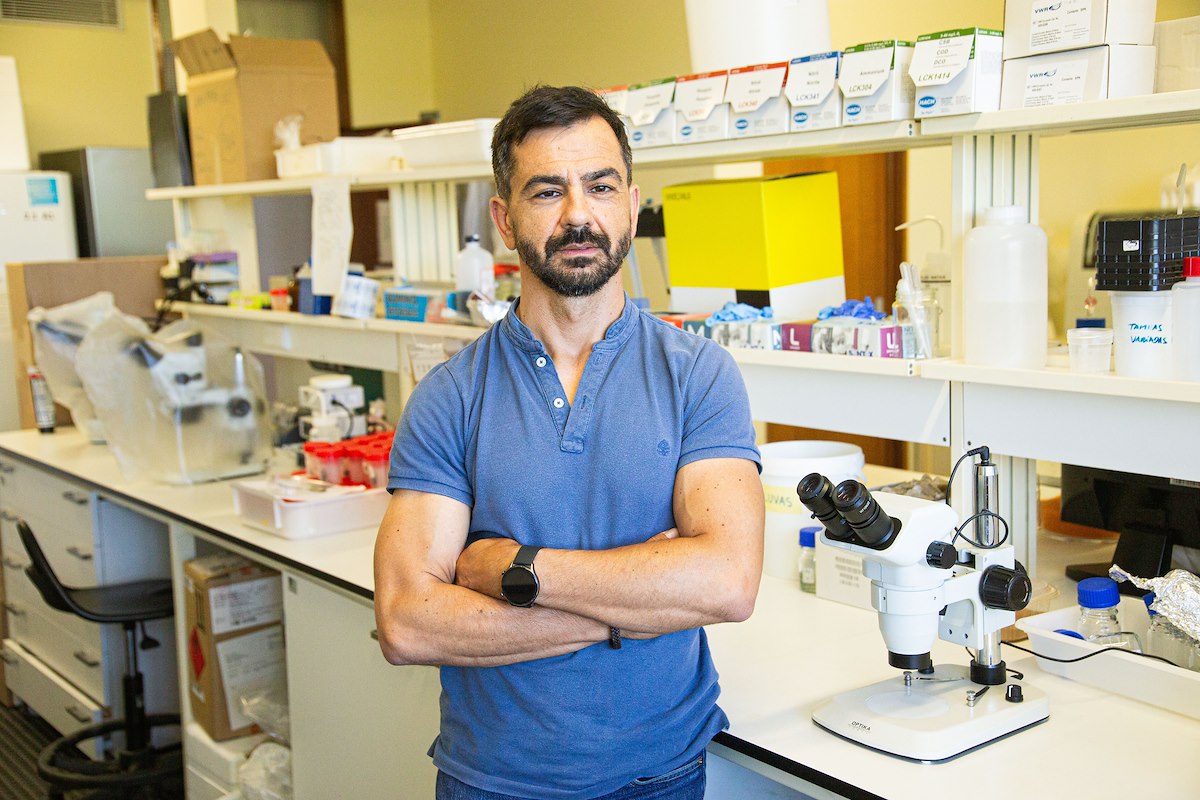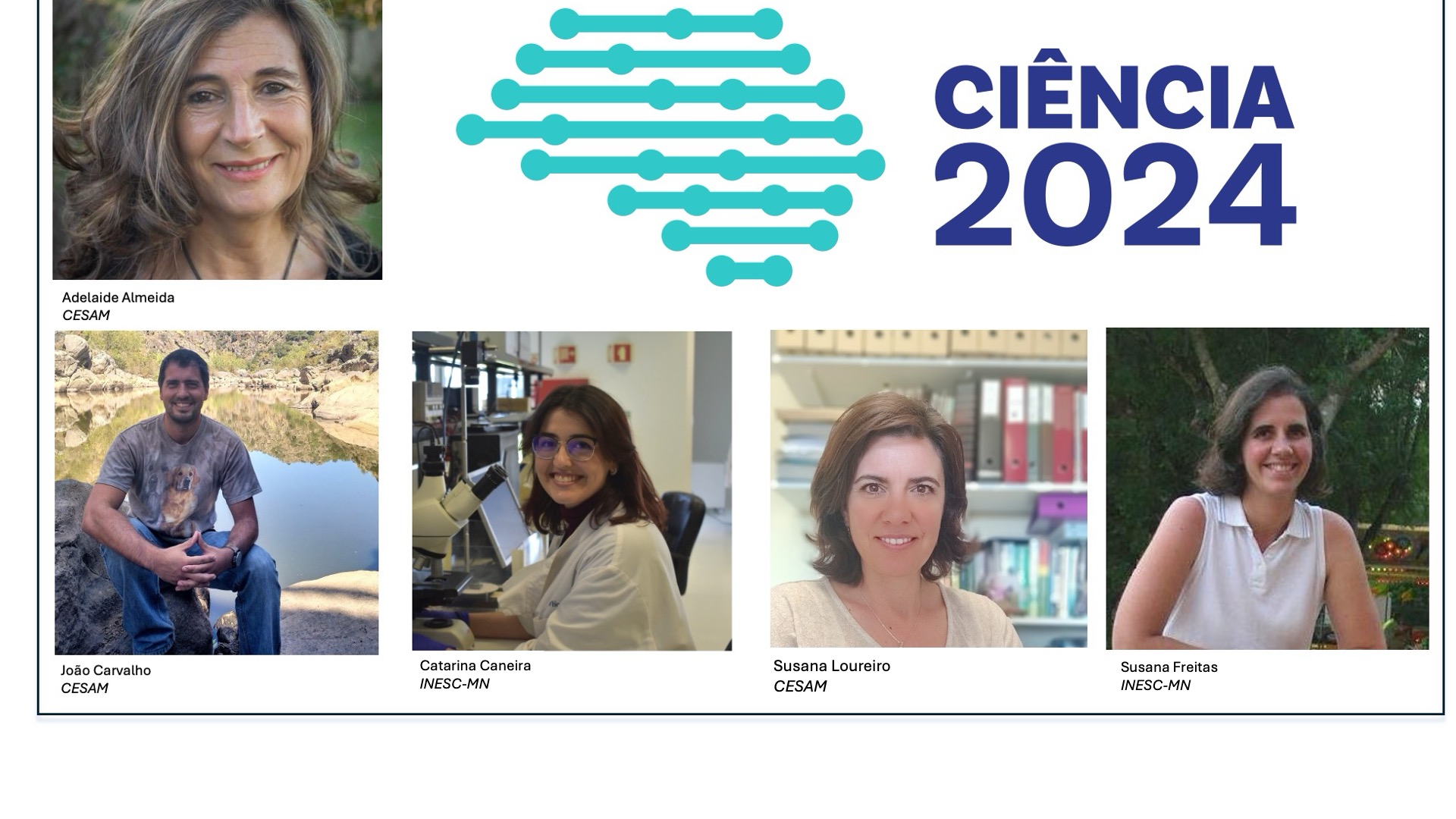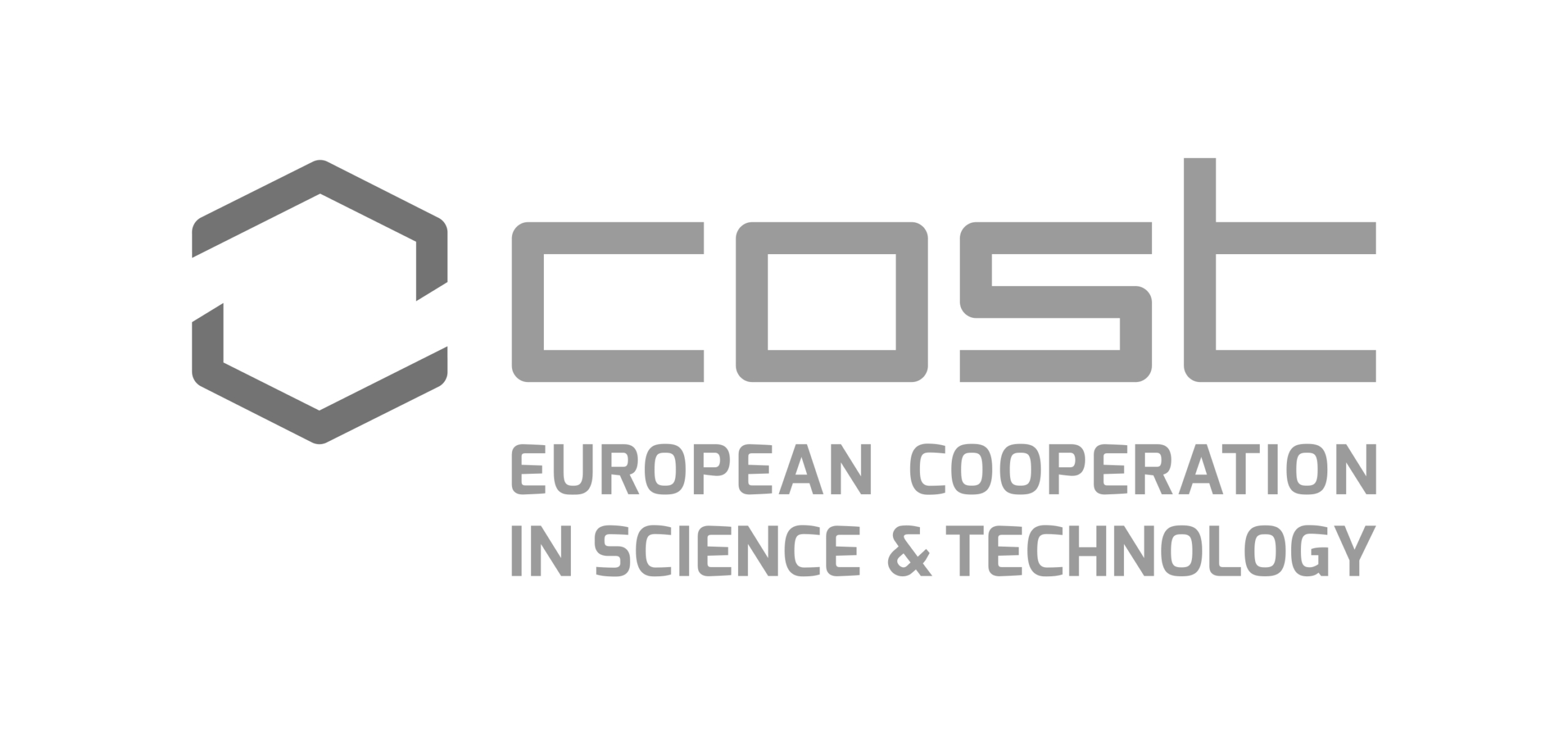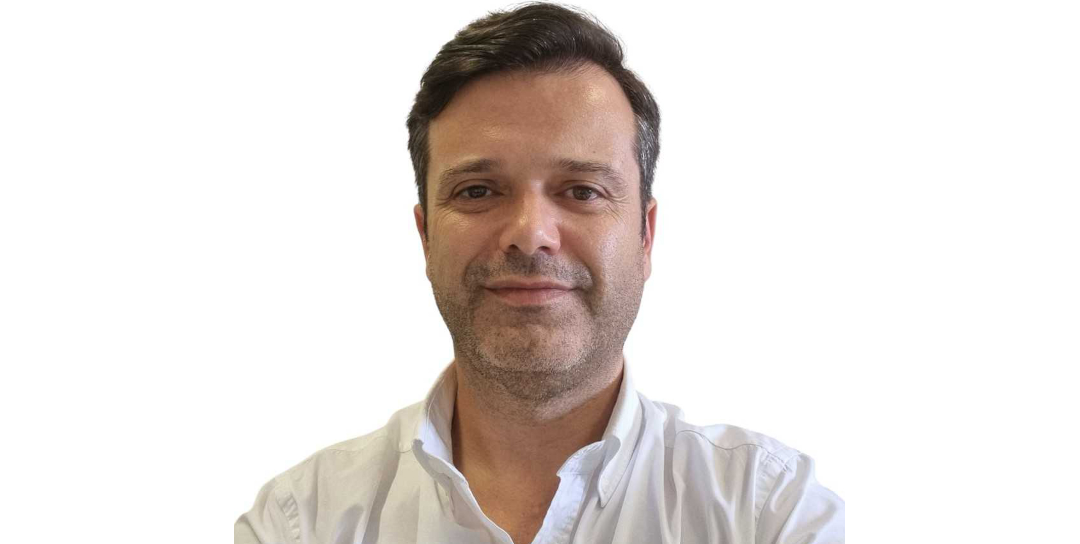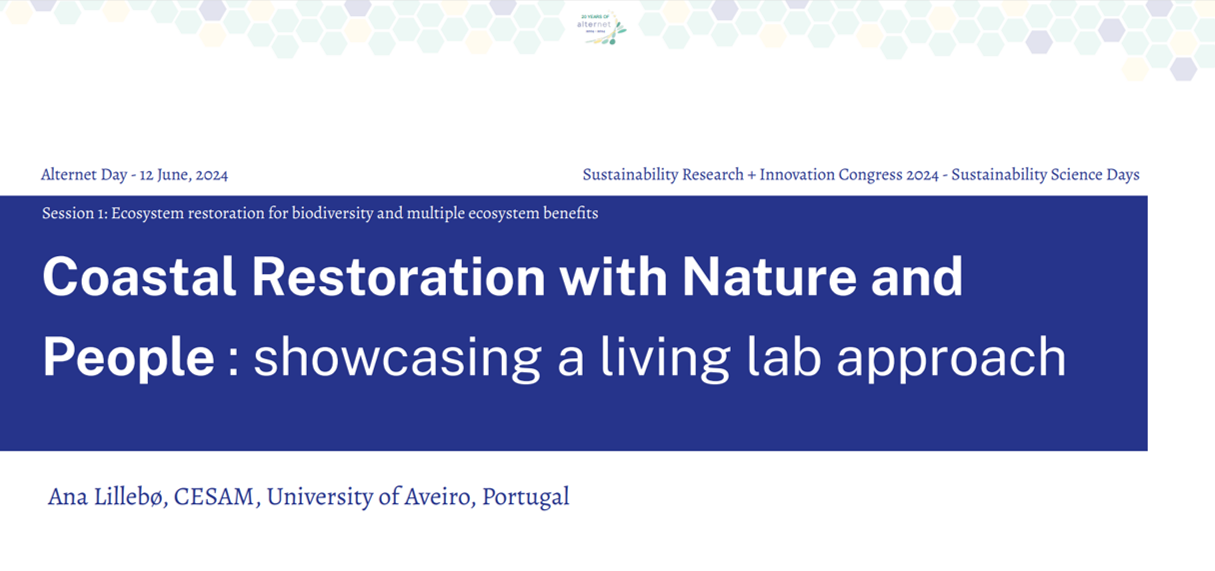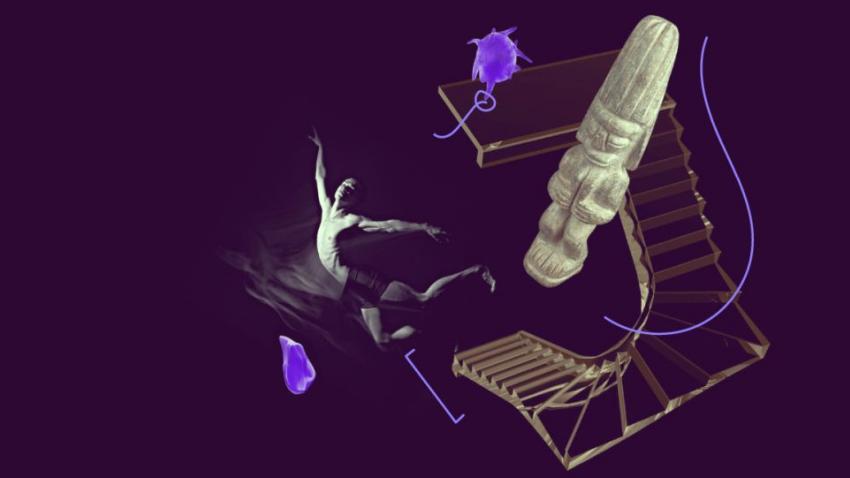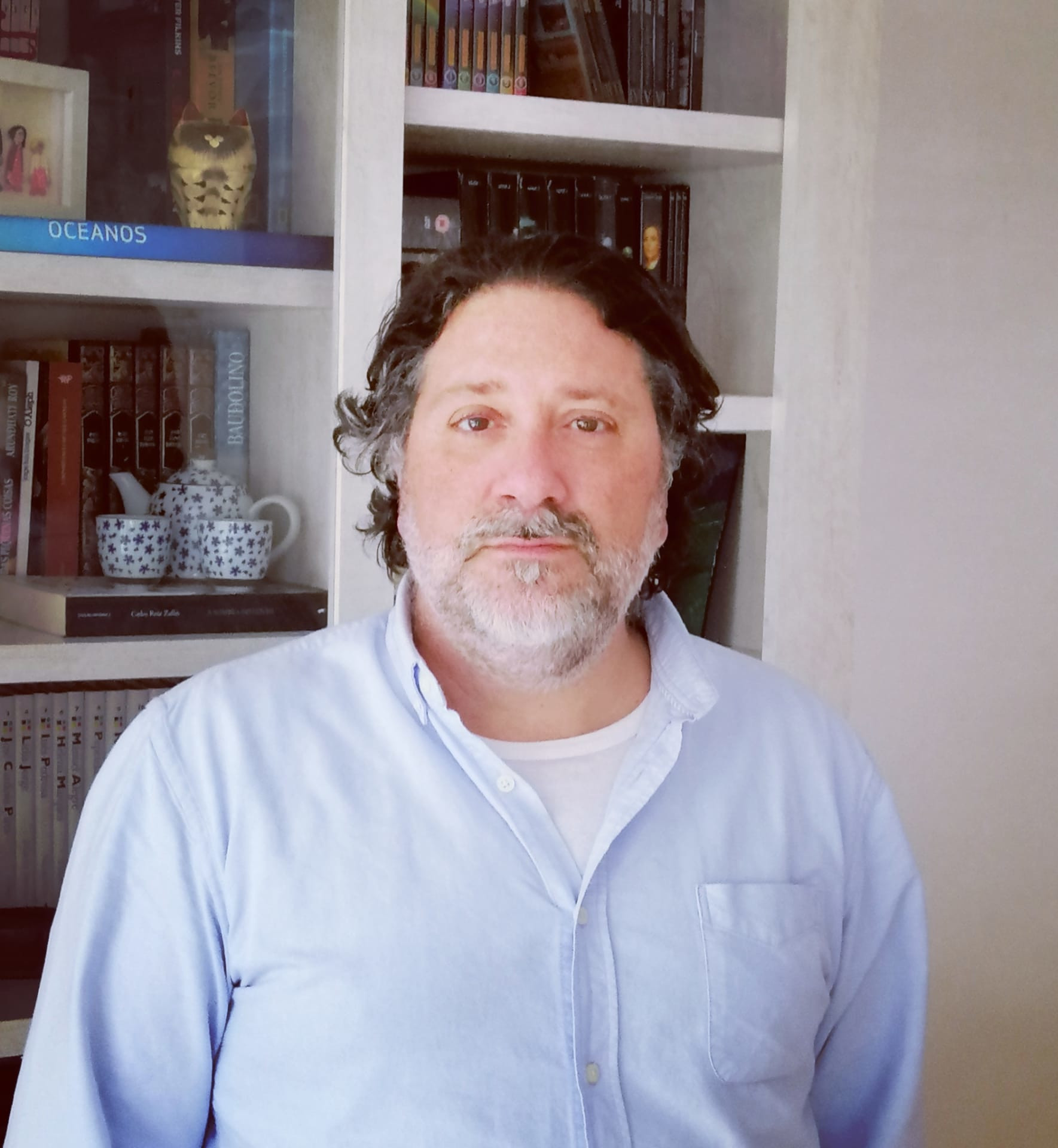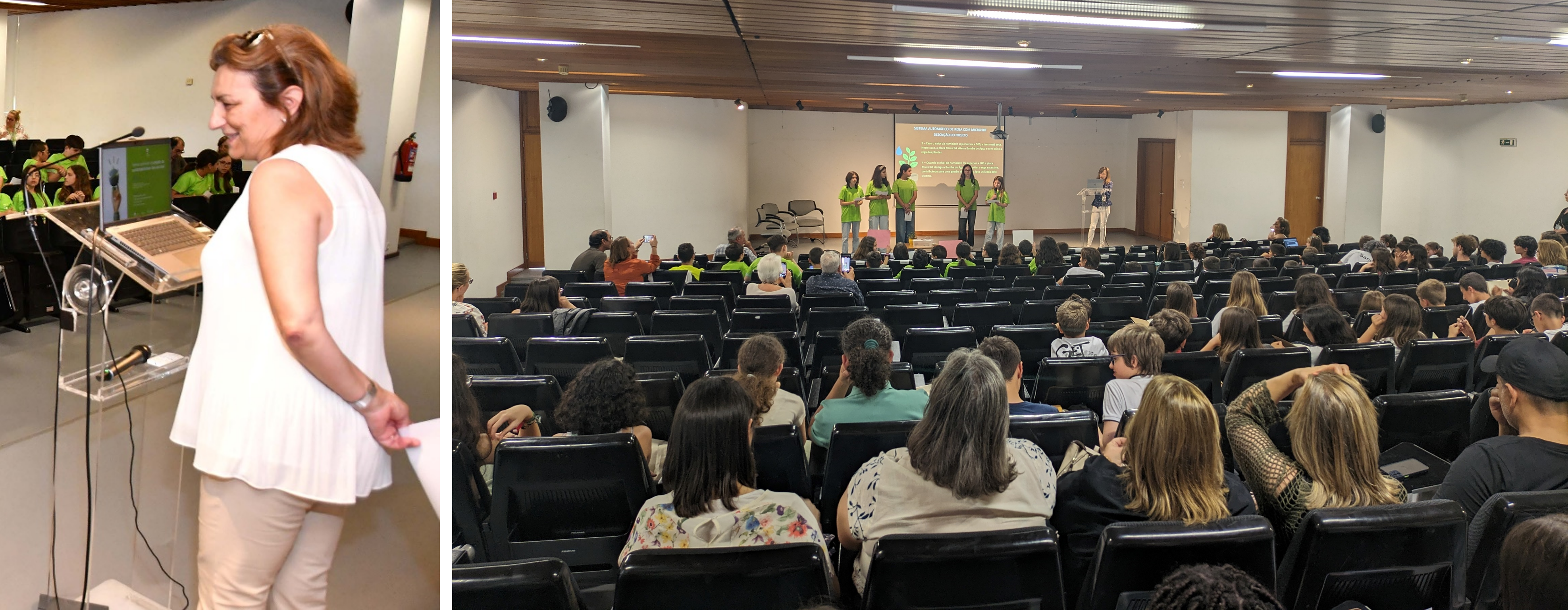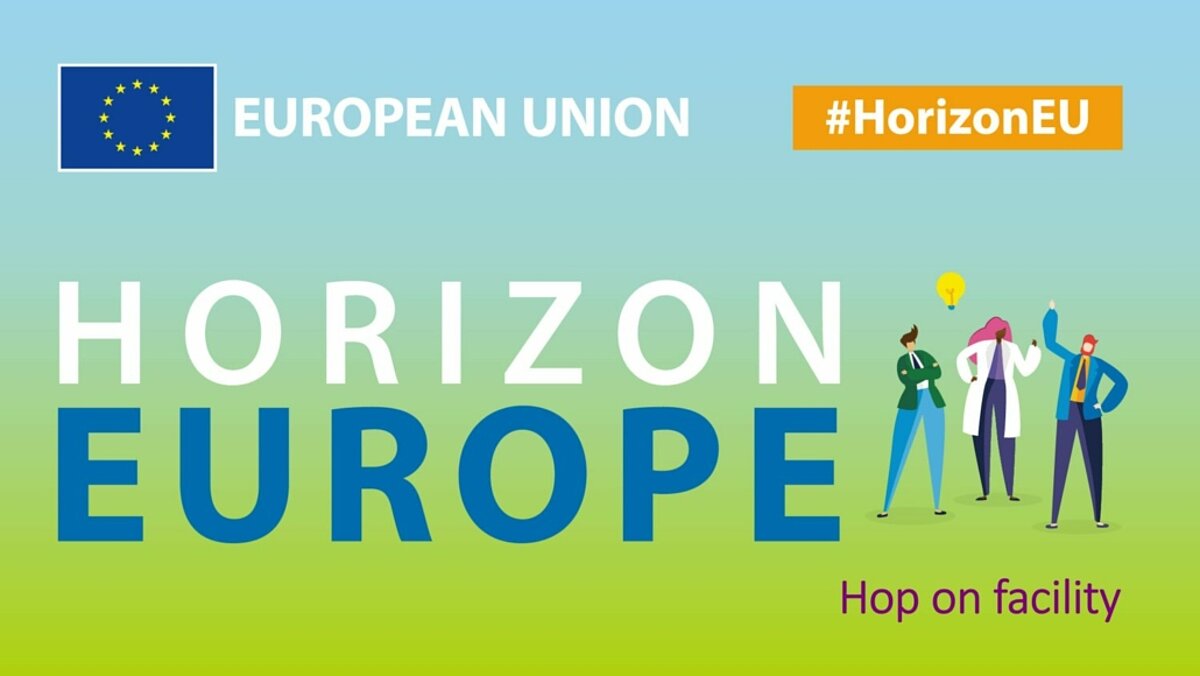A recent study carried out as part of the European SPRINT project “Transition to more sustainable plant protection”, coordinated at national level by a team from the Centre for Environmental and Marine Studies of Universidade de Aveiro (UAveiro), with researcher Nelson Abrantes at the helm, monitored the presence of pesticide residues and their metabolites in household dust from 128 farmers’ homes in ten European countries and Argentina
Several pesticide residues were found in all the dust samples (ranging from 25 to 121 residues per sample). In Portugal, where the case study was located in the Bairrada region, maximum values of 63 pesticide residues were found in a single sample.
The pesticides most frequently found in dust samples from the 11 countries were glyphosate and its degradation product AMPA, and pyrethroid-based insecticides. It was also observed that the levels and frequency of waste were lower in the homes of farmers practicing organic farming compared to those practicing conventional farming.
It should be noted that some pesticides found in dust are already banned (29 percent). In fact, the dust acts as a deposit for pesticides, both those used today and those used in the past, representing a potential risk of exposure for the inhabitants.
These results raise serious concerns about exposure to pesticides in domestic environments located in agricultural zones and highlight the need for preventive measures and stricter regulations to protect public health.
The study can be seen at https://doi.org/10.1016/j.scitotenv.2023.167797
Original text from https://www.ua.pt/en/noticias/9/86999
